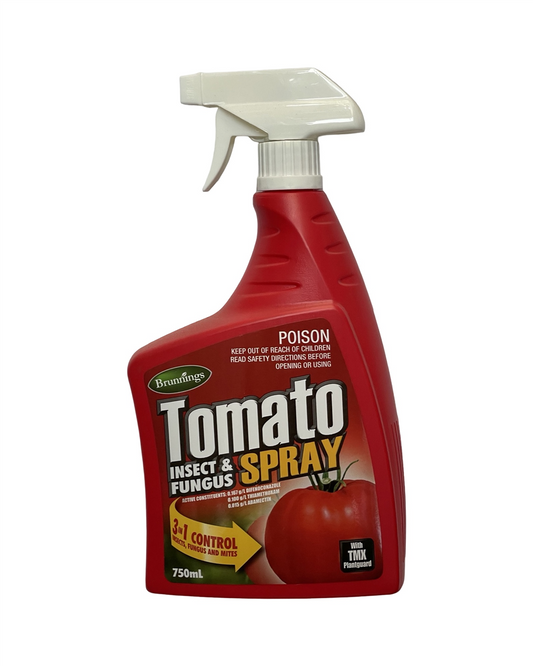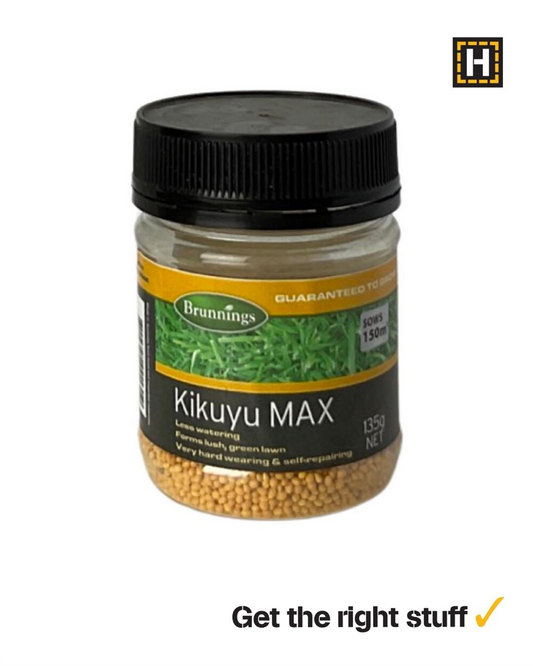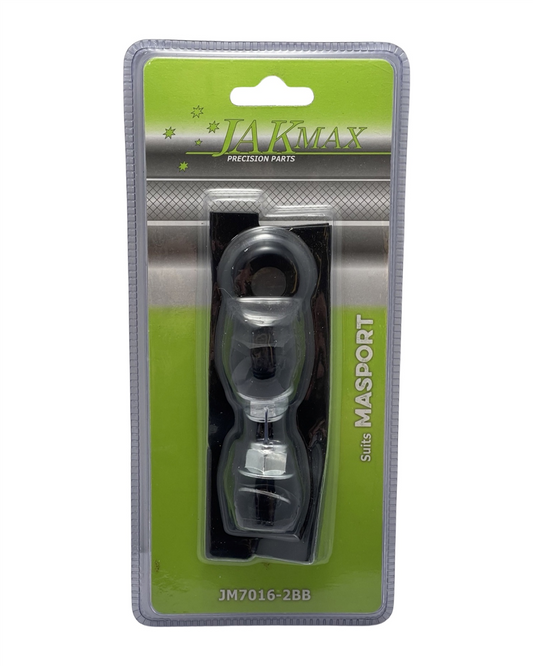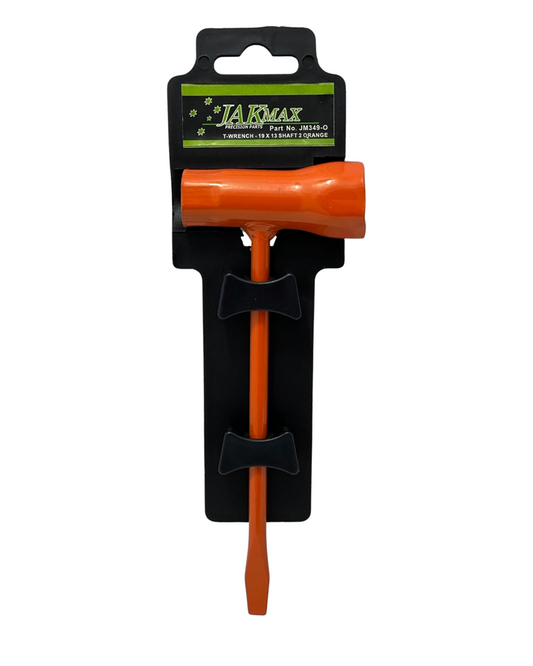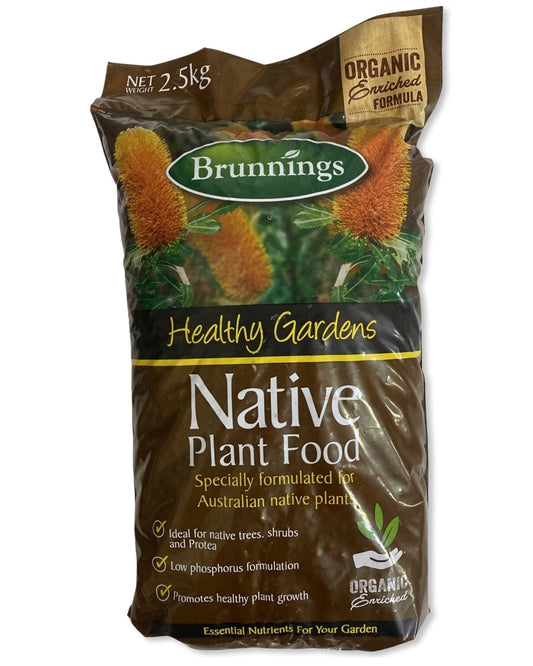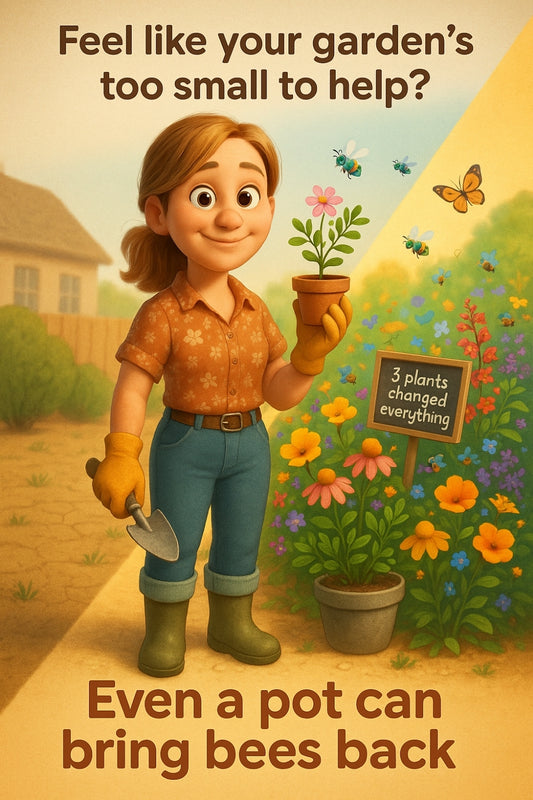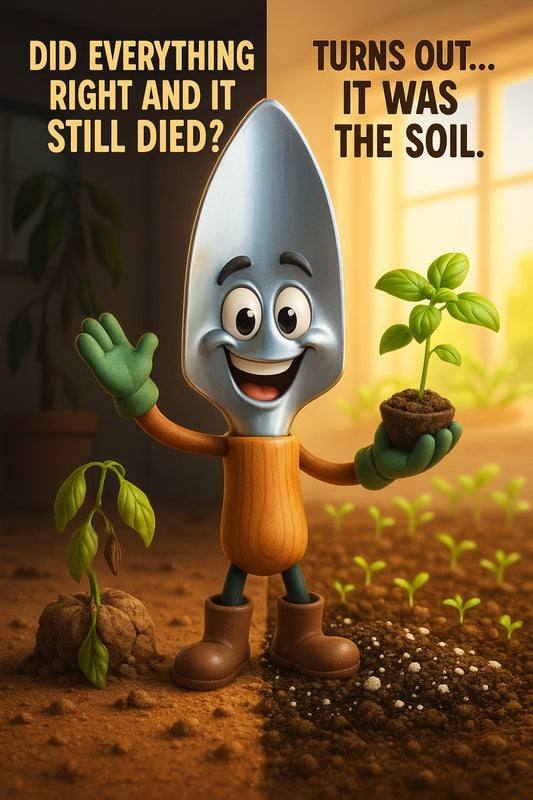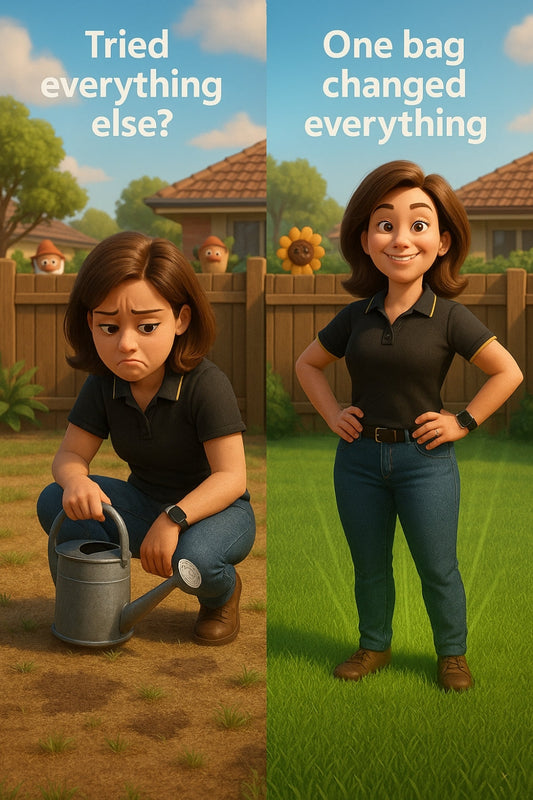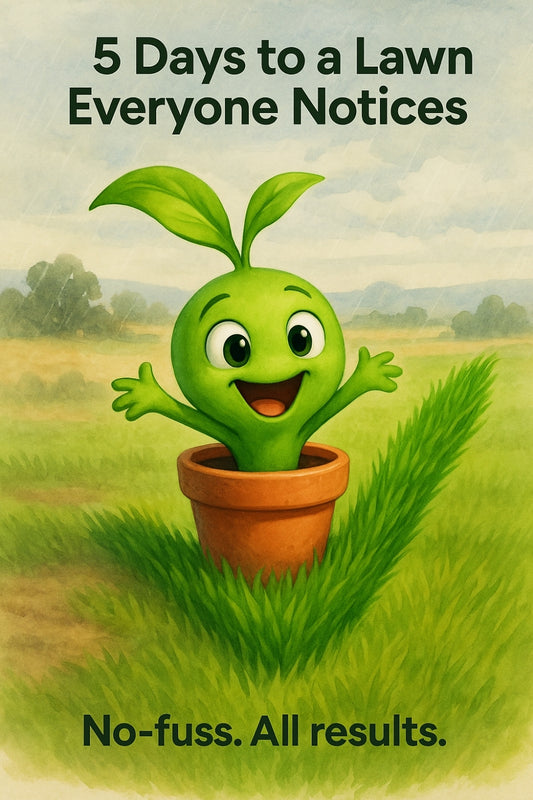Simple ways to compost kitchen waste for vegetable gardens
Share
Turn Kitchen Scraps into Garden Gold with These Simple Composting Tips
Ever looked at those veggie peelings piling up and thought, "Surely these could be useful?" Well, you're right! Composting kitchen waste is a game-changer for any garden, especially if you’re dreaming of homegrown tomatoes, leafy greens, or crisp cucumbers. Let’s break down the easiest ways to turn your scraps into rich, nutritious soil.
Why Composting Is a Gardener’s Secret Weapon
Think of compost like a home-cooked meal for your plants. It’s packed with nutrients, improves soil health, and helps retain moisture. Plus, it reduces the need for synthetic fertilisers. If you ever felt unsure about where to begin, don't worry, composting is easier than you might think.
Getting Started: The Basics of Composting
Composting is about balancing two key ingredients—greens and browns. Kitchen scraps like fruit peels, coffee grounds, and veggie scraps fall into the "greens" category, while dry leaves, cardboard, and newspaper belong to the "browns." The trick is to get the mix right to keep things from getting too wet or too dry.
The Easiest Ways to Compost Kitchen Waste
- Traditional Compost Bin: The classic method! A sturdy compost bin tucked in a shady corner of the yard is perfect for layering your greens and browns. Give it a turn every now and then, and in a few months, you'll have rich, crumbly compost.
- Bokashi Bin: Short on outdoor space? A Bokashi bin is a great way to ferment kitchen scraps indoors before burying them in the garden. It works faster than traditional composting and even handles meat and dairy.
- Worm Farm: Got a soft spot for wriggly little workers? Worm farms (or vermicomposting) are fantastic for breaking down kitchen waste into worm castings—nature's own high-grade fertiliser.
- Trench Composting: For a no-fuss approach, dig a hole in your garden, throw in your kitchen scraps, cover with soil, and let nature do the rest. Great for feeding upcoming garden beds.
- Compost Tumbler: If you’d rather not dig, a compost tumbler speeds up the process with minimal effort. Just give it a spin every few days to keep the pile aerated.
What to Compost (and What to Avoid)
Most fruit and veggie scraps, eggshells, coffee grounds, and tea bags are perfect for composting. But skip anything oily, diseased plants, and large amounts of citrus or onion, as they can upset the balance of your compost.
Troubleshooting Common Composting Hiccups
- Bad smell? Add more brown materials like dried leaves or shredded newspaper to absorb excess moisture.
- Too dry? Mix in a few green scraps or sprinkle a little water to get things going again.
- Pests? Bury food scraps under a layer of garden waste and keep the lid on tight to avoid unwanted visitors.
Using Your Finished Compost
Once your compost is dark, crumbly, and smells earthy, it’s ready to feed your vegetable garden. Mix it into soil before planting, use it as a mulch around established plants, or blend with potting mix for container gardening.
Composting is an easy way to reduce waste and give back to your garden. And the best part? It costs next to nothing, yet rewards you with healthier, more productive plants. Happy composting!
Cheers,
Candeece
 Stay Connected
Stay Connected
Join our gardening community on Facebook the Urban Gardener's Notebook
And follow our Store Facebook Page: Strathalbyn H Hardware on Facebook

